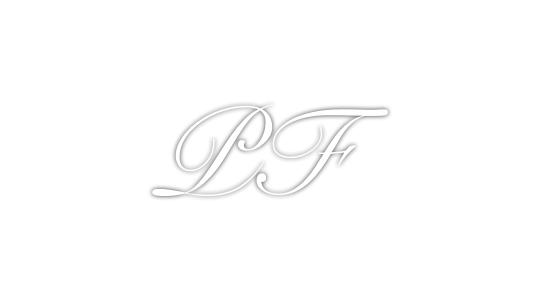 Jesus and Miracles
Jesus and Miracles As we learned in our previous lesson, Jesus made some remarkable claims about himself. It is easy to make such claims, it’s something else to prove them. This is where the miracles of Jesus come into consideration. What are the two primary issues regarding the miracle accounts of Jesus in the Gospels? What is a miracle? What are some of the objections that are sometimes raised to the possibility of miracles? How does one’s worldview influence how someone views miracles? What is the prevalent attitude in the Majority World regarding the possibility of supernatural occurrences? What are the two difference kinds of explanation we consider when seeking the cause of and event or phenomenon? What is wrong with the oft repeated claim that extraordinary events require extraordinary evidence? What is necessary in order to establish that a miracle has occurred? What is the growing consensus among modern historians regarding the Gospel reports of Jesus' miracles?
Lesson 42:
Review QuestionsLesson 42:
Lesson NotesTags: Jesus, Miracles, Gospels, History
06/06/21 Filed in:
History Christianity in History
Christianity in History In this lesson we transition from our study of the bible to dealing with the historical issues the Christian apologist often encounters. We begin our examination of a number of issues from history that are often raised in objection to Christianity. What are three kinds of issues the Christian apologist needs to be prepared to address regarding history? One of the objections often raised has to do with the conquest of Canaan by the Israelites as recorded in the Old Testament. What is the importance of understanding the culture and times of the Ancient Near East (ANE) in properly understanding the Old Testament war narratives? How do people often treat the narratives in the bible about the conquest of Canaan unfairly? How does one’s view of reality influence their view regarding the Old Testament war narratives? What do we mean by Israel’s “epistemic warrant” for engaging in the conquest of Canaan? What were the Canaanites like? How does the biblical understanding of God bear on the question of the conquest of Canaan. Was God justified in judging the Canaanites? Did the Canaanites have ample knowledge of their sin and of what was right, and warning of impending judgment? Why has Christianity not viewed God’s conquest commands as a justification for religious violence or religious wars?
Lesson 35:
Review QuestionsLesson 35:
Lesson NotesTags: History, Canaan
05/30/21 Filed in:
Authority The Bible as History
The Bible as HistoryIn this lesson we examine two major challenges to biblical authority, the Documentary Hypothesis and the Quests for the Historical Jesus. Why is confidence in the Pentateuch so crucial to the Christian faith? What is the Documentary Hypothesis and where did it originate? What are the underlying presuppositions of the HP? Why do documentarians see multiple documents behind the Pentateuch? What are the inherent flaws in the hypothesis? What evidence do we have that Moses authored the Pentateuch? What did the first Quest for the Historical Jesus seek to accomplish? Why did it fail? Who are some of the well known proponents of the second Quest? What does it seek to discover? What is the so-called third Quest seeking to accomplish? What is significant about some of the chief voices of the third Quest? What are some key differences between ancient myth and the bible? What have many of current New Testament scholars concluded about the bible and myth? (66 min)
Lesson 34:
Review QuestionsLesson 34:
Lesson NotesHandout:
The Documentary HypothesisTags: Bible, History, Documentary Hypothesis, Quest for the Historical Jesus, Pentateuch, Gospels
06/07/20 Filed in:
History Christianity and Progress
Christianity and Progress In this lesson we continue our consideration of historical issues related to apologetics. There is a great deal of popular misconception about the relationship of Christianity to the development of Western civilization. What is the source of these misperceptions? What was it about Christianity that made the scientific endeavor both plausible and desirable? What is wrong with the idea that Christianity plunged civilization into a period of “Dark Ages?” How did the Christian view of history influence the idea of the possibility of progress? How did the Medieval era set the stage for later advances in knowledge and science? Why is the idea of a “war” between science and Christianity a myth? (59 min)
Lesson 38:
Review QuestionsLesson 38:
Lesson NotesTags: History, Dark Ages, Science, Greece, Roman Empire, Progress, Medieval
